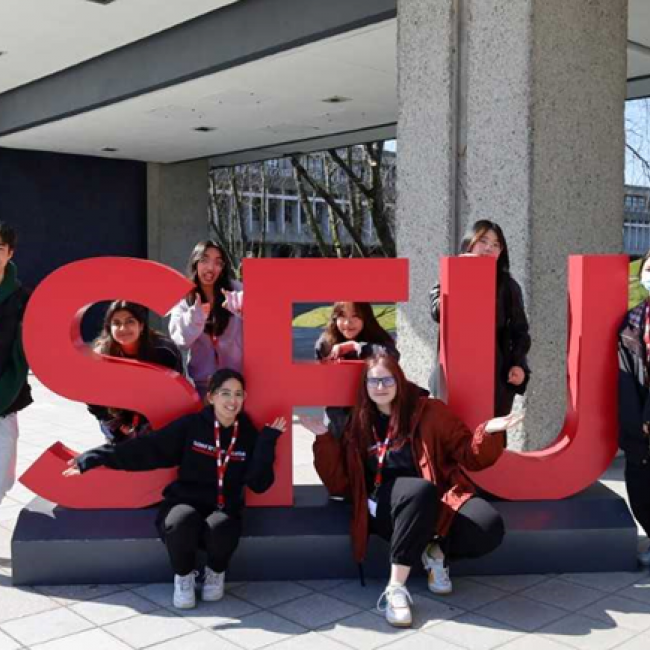
It’s another day, and whether you’ve landed a remote Co-op gig, or you’ve made the trek to the office, one thing holds true: you’d cry tears of joy if you never had to sign in to your Hootsuite account again.
When it comes to social media and digital marketing positions, it’s easy to be blinded by the positives. After all, many Communication majors are fascinated by digital marketing and algorithms— and if you’re a digital native, creating social media content might already be second nature to you. Whether you manage social media for your organization or create external content, there are a few bonuses to consider.
Communications and social media specialists tend to have more autonomy over their work than most employees in traditional organizations. Much like a journalist, you need to sniff out compelling stories and find creative ways to represent your brand online. Your ability to do your job well depends on your interpersonal skills; communications people have a fantastic opportunity to interact with a variety of people in different departments, as well as clients and other stakeholders. If you enjoy telling stories, building relationships with others, and know the ins and outs of social media platforms, you might think that working in social media is the best thing since sliced bread. Plus, you might be one of the only employees at your workplace that gets to be on their phone all day.
Once you get beyond the rainbows and butterflies, you’ll start to see the dark side of working with social media. There’s a flip side to getting to be on your phone all day long, and that is: you’re expected to be on your phone all day long.
If you’re familiar with Bo Burnham’s Welcome to the Internet then you know that it never stops. A monster hungry for content, there is no quiet corner of social media, and in order to be successful, you’ll need to keep up. The worst part? Your boss probably uses social media too, so you’ll constantly monitor your organization’s reputation online. Because Twitter updates “need to be timely”, you might start resenting the occasional 7 pm email to “just post something quickly if you don’t mind, thanks in advance.”
At the end of each day, your eyes are dry and itchy from looking at screens, but when you head home—you still find yourself doom-scrolling on TikTok or Instagram when you should be making dinner or doing something productive. Red flag. You don’t even enjoy sharing memes with your friends anymore (a true millennial love language).
There are various studies on the link between social media overuse and an increased risk for depression and anxiety. Social media addiction affects a lot of people, and because social media is part of your job, you need to be more careful when it comes to limiting your phone time during your off-hours. There is more to life than social media, and it's important to make time to be present with your family and friends. That might mean turning off your phone for an hour after work or setting a rule like no social media from 8 pm to 7 am. It sounds strict, but if you’re on your phone all day, your eyes (and brain) will thank you.
This one sounds obvious, and it is. If you use a scheduling tool like an Outlook calendar, schedule several ten-minute breaks into your day, specifically for “no-screen” time. If you can, try and go outside for a walk on your lunch break, or at least, don’t spend all of it just staring at your phone.
This one is the hardest one. Communications specialists may be undervalued as your co-workers or bosses may not understand exactly what you do. However, you need to set clear work-life boundaries, so that you’re not expected to be on-call 24/7 to get something published. Yes, posting often and consistently helps engagement, but that’s why you have a content calendar and scheduling tools. If you’re struggling with your mental health, or your eyes are constantly sore, reach out to your employer and explain what’s happening. When you have the support you need, you’ll be surprised by what you can do!



















